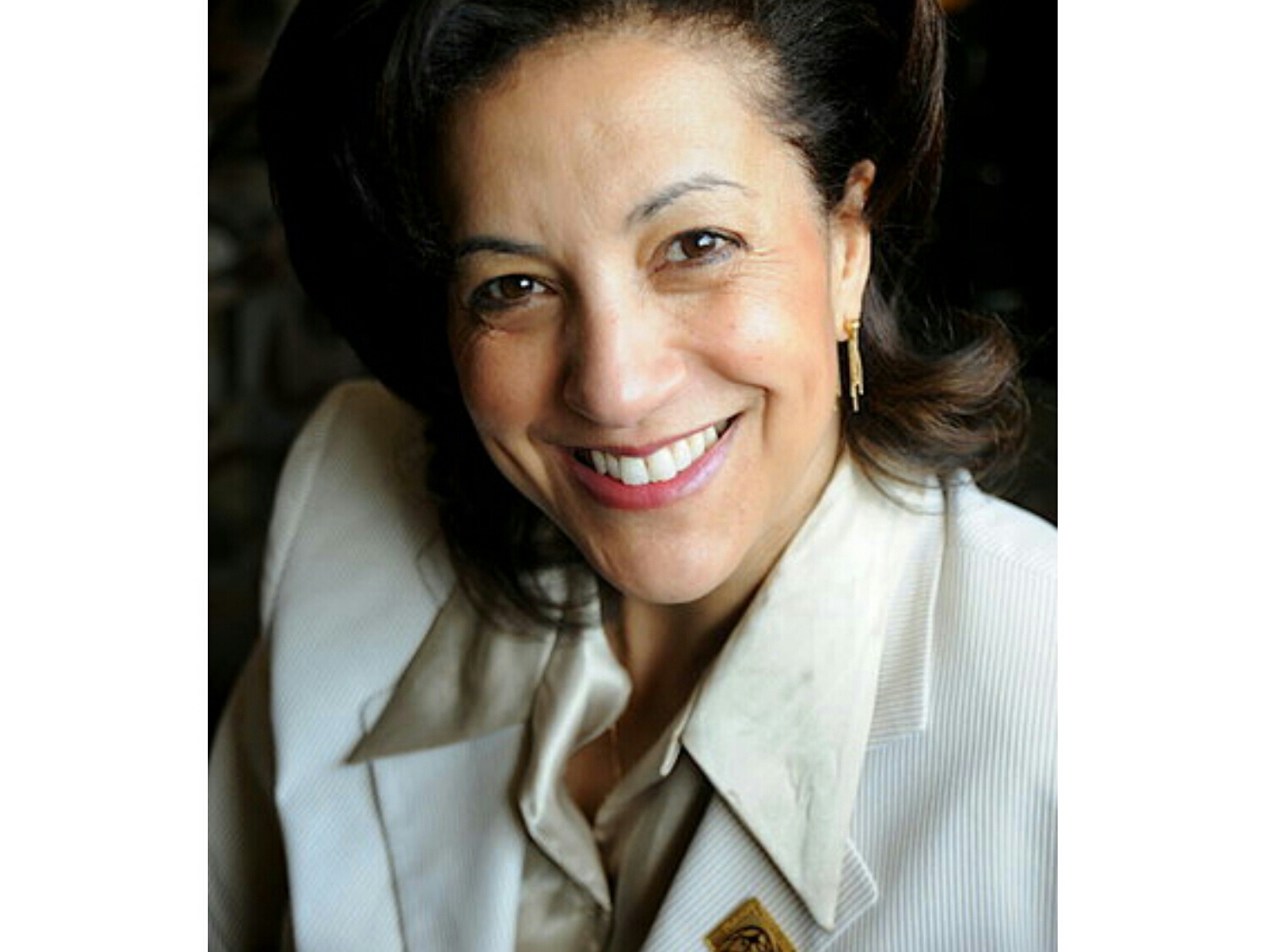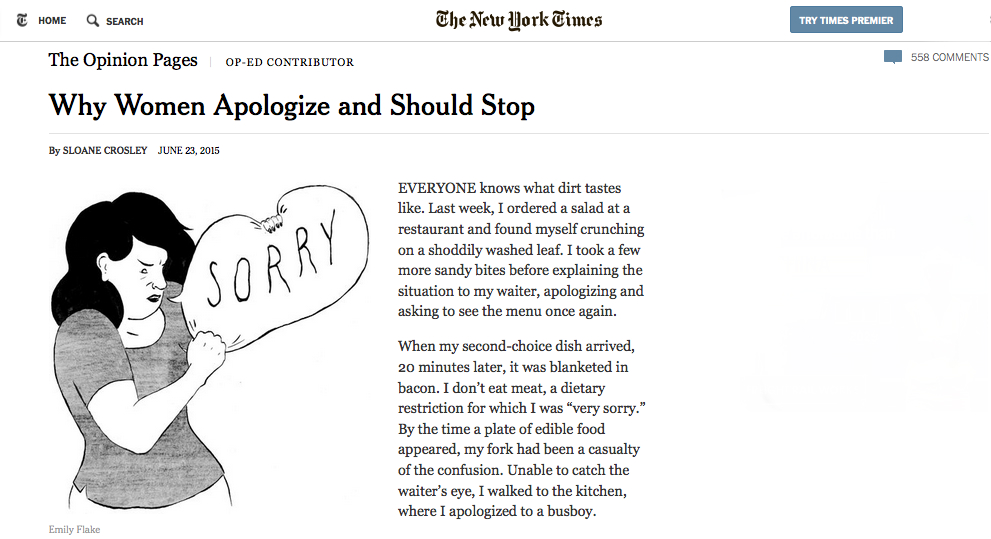altM editor Zehra Rizavi meets up with Luby Ismail to discuss Connecting Cultures in an insightful interview into her life, ideas and experiences.
1) Growing up as a Muslim American of Egyptian descent, what was your experience of living between different faiths and cultures? Any memories/moments that stand out?
I grew up in a small Southern town and my family was the only Muslim family in the area. You might think that we felt isolated or ostracized, but, in fact, we were always treated with warmth and kindness. We always received invitations to churches events, the woman’s club, the Halloween parade and Christmas parties. Our mailman, Mr. Adams, once brought a Christmas tree for our home and the local school even asked me to perform in their Christmas plays. People went out of their way to open their hearts and homes because we hand neither extended family in the town nor any other Muslim or Egyptian community members. We, in turn, reciprocated that welcoming attitude. I remember one Christmas Eve, my parents invited an elderly woman who lived alone to join us for dinner at Red Lobster. We never viewed Christmas as contrary to our faith because the three monotheistic religions stand united in their shared Abrahamic traditions.
2) Was there an event/catalyst in your life that inspired you to found this company?
Well, after the birth of my first child, Sharif, I came to a crossroads—should I return to my job as an international student advisor, a job that required I clock in a minimum of sixty hours a week, or should I strike out on my own? The pursuit of my two passions, momhood and mindhood, led me to found Connecting Cultures. It has been twenty-six years since its inception, which correlates directly with my son’s age, who is now a twenty six-year-old PhD student at Yale University.
3) What are your clients most surprised to learn about Muslims and their culture?
That we love Jesus! Whenever I speak about Muslim beliefs, I always spend time emphasizing our love and belief in the virgin birth of Jesus and in the second coming of Christ. For example, people are always stunned to learn that he is cited in the Qur’an more than any other Prophet. This shared reverence of Jesus both surprises non-Muslims and helps to drive home the message that being both Western and a Muslim is not a contradiction, but rather a natural and complementary blend of identities.
4) Can you share a specific example of how an organization offended its client/s because of a lack of cultural understanding, and one of how an organization/individual won a client/s through cross cultural understanding?
The most obvious example is NIKE. The company requested Connecting Cultures to train its entire design team after a logo on one of the shoes that resembled the word “Allah” in Arabic understandably offended Muslim customers. The backlash and subsequent settlement brought NIKE to our doorstep; not only did they have to remove the shoes with distasteful design from the market, but they had to regain the trust and business of a billion plus consumers by demonstrating that they were culturally competent and considerate. I invited Mohamed Zakariya, an acclaimed calligrapher who designed the 2016 Eid stamp, to speak to our client. Once the NIKE design team completed Connecting Cultures’ training, the company was equipped to win back their Muslim customers.
5) How has your diagnosis of Multiple Sclerosis affected your mission and message?
Ironically, I was diagnosed right at the time NIKE asked for my company’s help. Almost twenty years ago, my MS was invisible, but in the past few years my challenges with this neurological degenerative disease have become much more apparent (I now use a chair to move around). When I sit in my faith, I am more at peace with my struggles. Acceptance and submission to my fate brings me an inner contentment. I have developed an AAA philosophy around life- Accept, Adapt, Achieve.
Because of limited mobility, my goal now is to reach my Connecting Cultures audiences and customers virtually. All my life I have been fighting misinformation and misperceptions about Islam and Muslim and now I also fight misperceptions about my disability with the same passion.
6) In your work, what would you say is the typical level of understanding people in this country have of Muslims or Middle Eastern culture?
It varies across the country, depending a great deal on the individual, family and community. Because of polarizing headlines and media coverage, too many Americans do not realize that most Muslims in this country are leading perfectly ordinary lives, that they are striving for the same things as anyone else—to get an education, find professional success, find love, marry and raise a family. For anyone wanting to understand Muslims in this country, I recommend a wonderful film titled, “American Muslims: Facts vs. Fiction,” http://www.upf.tv/films/american-muslim-facts/.
[separator type=”thin”]
Founder of Connecting Cultures, Inc. (www.connecting-cultures.net), President Lobna “Luby” Ismail has over twenty years of experience in cross-cultural communication, with a special focus on Islam and Arab and American cultures. Her company’s most recent training offer is geared towards creating a disability friendly work environment and is called “Disability to Diverse Ability.” She can be reached at: luby@connecting-cultures.net.





